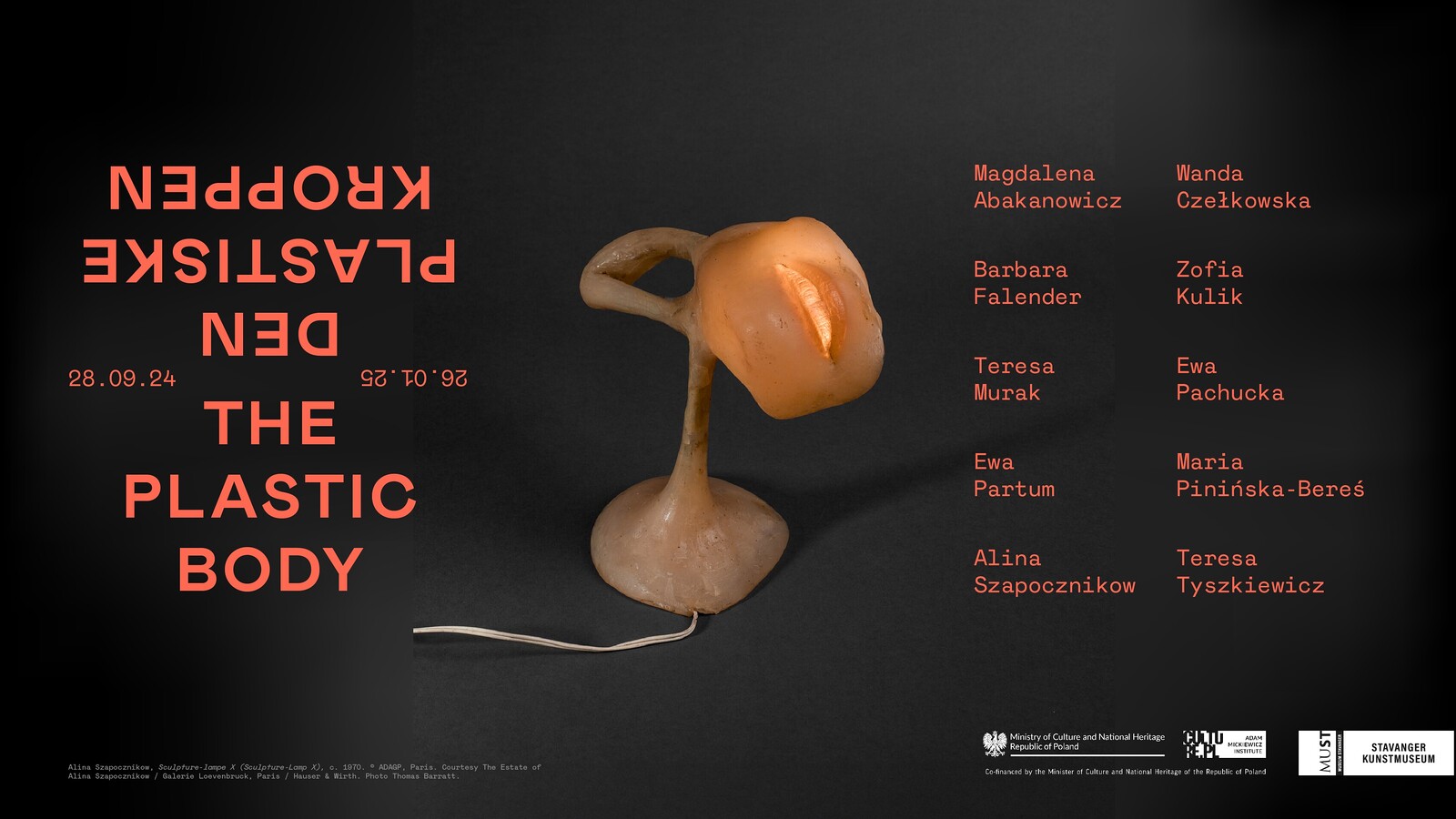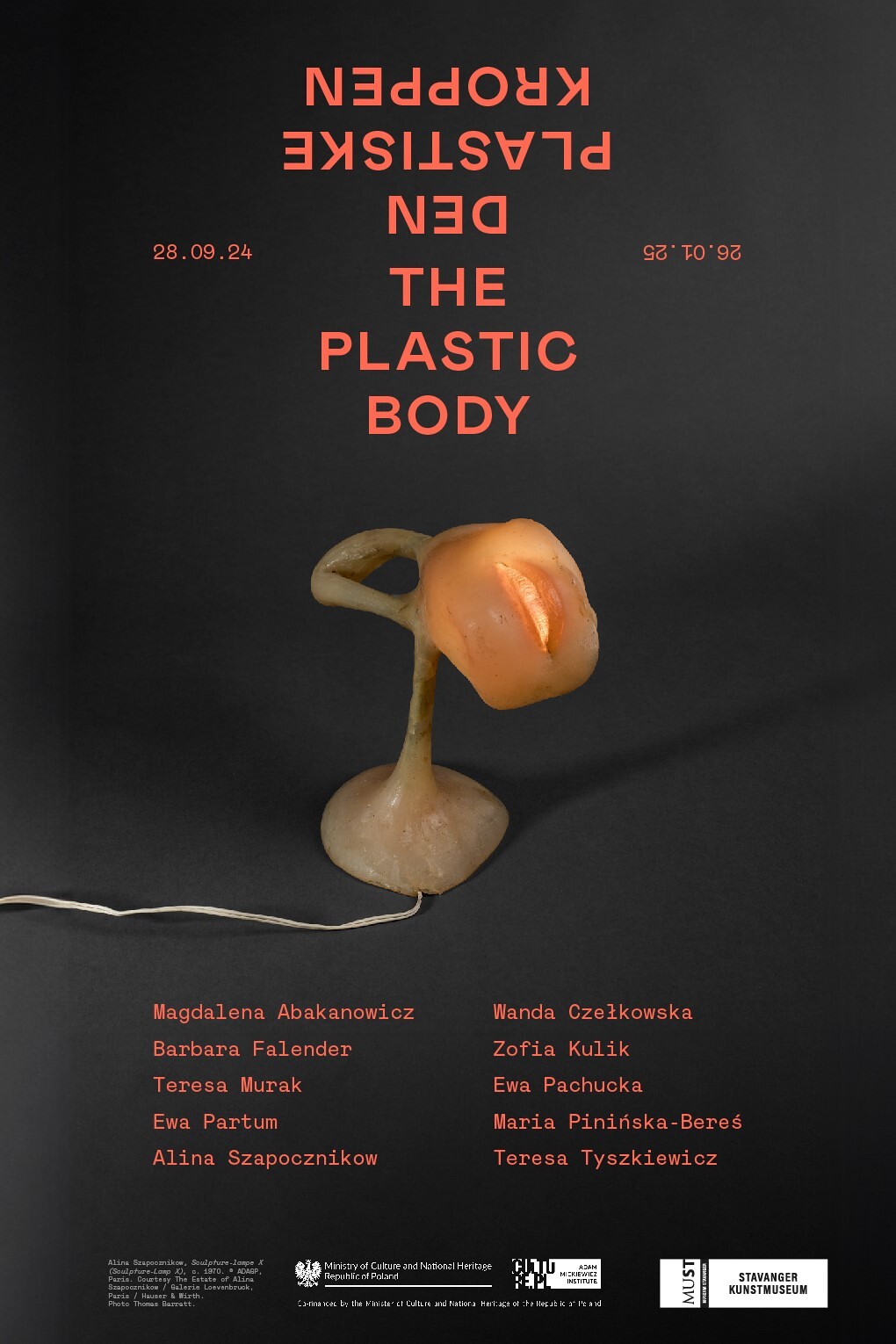May 22, 2017, 7pm
Goethe-Institut
17 avenue d’Iéna
75116 Paris
T +33 1 44 43 92 30
Créaphis éditions, 2017 (Bilingual French/English edition).
With Jochen Gerz, Octave Debary, historian Annette Becker and publisher Pierre Gaudin, Créaphis éditions.
Born in 1940, Jochen Gerz has transformed the relationship between art and viewer by placing the latter at the heart of his works. He puts forward a way of thinking that resists our common ways of envisaging the world. Debates (whether in the mass media or academic circles) are seldom as radical as his practical art. Who, today, would refuse to celebrate difference in order to support resemblance? Who prefers the street to the comfort of galleries and museums? Who thinks—and this really is the crux of the matter—beyond a reassuring reconciliation of opposites to discover similarities? Through this book, anthropologist Octave Debary chronicles the dialogue he established with the artist over more than two years. They discuss the production and circulation of art, memory, war and peace and their resemblance. To our lives.
Since the late 60s, Gerz has been devising open, collaborative works in public space, inviting us to consider their reception as an integral part of the artistic process. His works are deliberately lacking, leaving an empty space to be occupied; partial objects or memories to be revisited here and now. From Dachau (EXIT, 1972), Harburg (Monument against Fascism, 1986), Saarbrücken (2146 Stones, 1993), Biron (The Living Monument, 1996), Berlin (1997), Paris (2000), Coventry (2004) to the streets of the Ruhr region (2-3 Streets, 2010 and Square of the European Promise, 2015), throughout Europe which he likens to a “shadeless tree”—Gerz produces works for the living. Like a resemblance.
Jochen Gerz
Born in Berlin in 1940, Jochen Gerz spent most of his life in France and is currently based in Ireland. After beginning his career in the literary field, Gerz started working with new media in the 1960s. He took part in documenta 6 and 8 and represented Germany at the 37th Venice Biennale. His work has been shown in group and solo exhibitions, as well as retrospectives, in many European and American museums. Since the 1980s, he has been creating “counter-monuments” which call upon people’s creative potential, influencing their daily lives and individual development, but also aim to have a far wider social impact through public authorship. Whether working with text, photography, video, installations, performance, or in public space, the quest for an art form that can enhance democracy and contribute to society at large is always at the heart of his practice.
Jochen Gerz is a member of the Academy of the Arts in Berlin. Awards (selection): the German Art Critics Prize, Berlin 1996; Ordre National du Mérite, Paris 1996; Peter Weiss-Prize, Bochum 1996; Grand Prix National des Arts Visuels, Paris 1998.
Octave Debary
Anthropologist Octave Debary is Professor at the University of Paris Descartes (Sorbonne). He works on the way society commemorates its history by committing it to memory or museums, in order to remember but also to forget. He is particularly interested in objects, their remains and the part they play in artistic and memorialization processes. His publications include: Vide-greniers with Howard S. Becker and Philippe Gabel (2011); Montrer les violences extrêmes. Expositions, musées, with Annette Becker (2012). Voyage au Musée du quai Branly, with Mélanie Roustan, prefaced by James Clifford (2012). He has been visiting professor in Brazil, Canada, Sweden and Switzerland, and he often collaborates with photographers, artists and curators.
With the support of the Goethe-Institut in Paris, the French Ministry of Culture and Communication; the Cultural Anthropology Centre (CANTHEL) at the University of Paris Descartes (Sorbonne); the Laboratory of Anthropology and History of the Cultural Institute in Paris (IIAC-LAHIC, EHESS-CNRS);The Faculty of Humanities of the University of Neuchâtel (Switzerland); The Auvergne-Rhône-Alpes Region.


